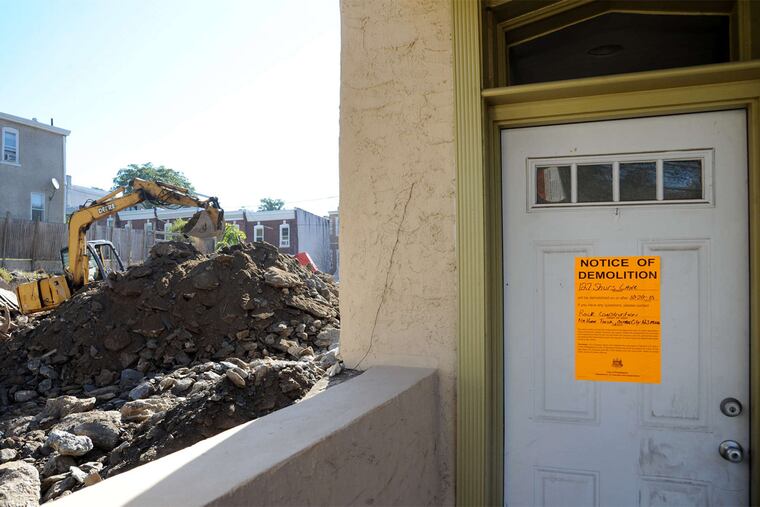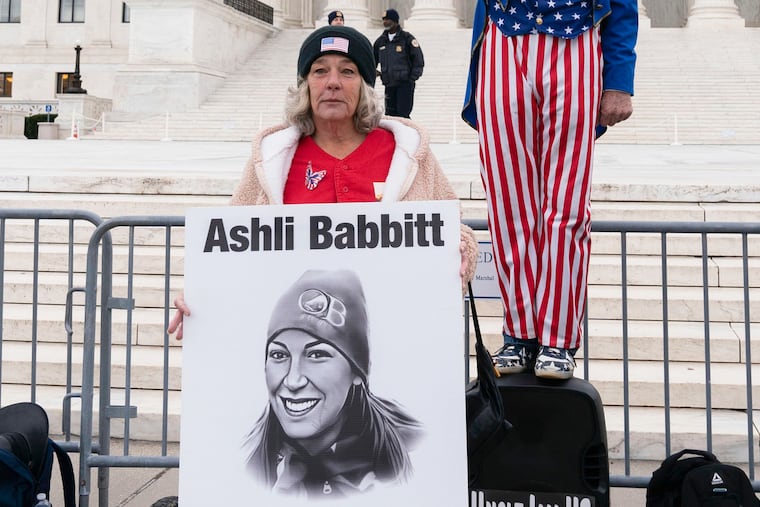Mali dissolves all political parties following the arrest of opposition leaders.

Mali’s military government has recently taken decisive measures by dissolving all political parties amid escalating tensions and accusations by human rights groups regarding the arrest of opposition figures. Assimi Goita, who came to power through a series of coups in 2020 and 2021, confirmed this decision during a televised address to the nation on Tuesday.
This dissolution follows large-scale protests earlier in May, where demonstrators called for a return to democratic governance. Clutching signs with slogans like “Down with dictatorship, long live democracy,” citizens expressed their dissent against the military’s authoritarian grip, a rare public challenge to a regime that had previously pledged to restore elections in 2022.
In an April national conference, recommendations were made to extend Goita’s presidency until 2030, inciting outrage among opposition leaders and human rights advocates. As the country prepared for another planned protest on Friday, the military government swiftly issued a decree to suspend all political activities nationwide. This directive compelled opposition groups to cancel their demonstration and signaled an intensification of state control over civil liberties.
Reports have recently emerged of troubling disappearances among opposition figures. Human rights organizations indicated that several politicians had been forcibly removed from public view in recent days. On Thursday, Human Rights Watch reported the alleged abduction of Abba Alhassane, the secretary-general of the Convergence for the Development of Mali (CODEM), by armed men. In a related incident on the same day, El Bachir Thiam, the leader of the Yelema party, was reportedly taken by unidentified individuals in Kati, a town near the capital, Bamako. Concerns have also been raised regarding Abdoul Karim Traore, a youth leader associated with CODEM, who has lost contact with his party amid fears of his abduction.
As of now, Malian authorities have not provided any public commentary on these troubling claims. Goita initially assumed control in August 2020, citing a failure to address the rising threat of armed groups affiliated with jihadist ideologies. It is crucial to recognize that the complexities of Mali’s political landscape also involve struggles influenced by the broader regional context.
While the international community closely monitors the developing situation, the challenges facing Mali highlight the fundamental struggles for political governance and civil freedoms in a country navigating both internal and external pressures.
#PoliticsNews #AfricaNews






